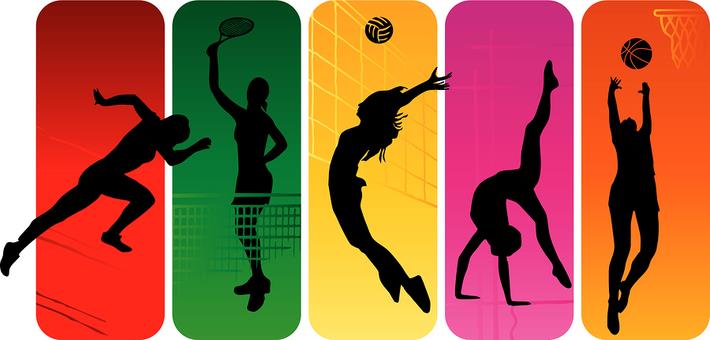
Fit Kids are Smart Kids
Physically active teens perform better in school than inactive teens, a study in the Journal of Youth and Adolescence shows. Additionally, the findings of the study indicate that teens who are physically active, but do engage in moderate amounts of inactive media use as well, also perform better in schools than teens who are inactive most of the time.
Take aways
- Teens who are physically active and spend a moderate amount of time using media achieve better in school than teens who are inactive.
- For parents and teachers, it is good to know that (organized) sport participation can boost children’s academic performance. They should also know that media use does not negatively impact teens’ school results, as long as they combine it with physical activity.
Study information
The question?
What is the association between physical activity, media use, and academic performance in teens?
Who?
8061 children (15-16 year olds; 4126 boys and 3935 girls)
Where?
Finland
How?
At the age of 15-16 years, adolescents from two provinces of Finland were sent a postal questionnaire, which included questions on their physical activity and sedentary behavior (including media use). Information on their academic performance at the age of 16 was obtained from the national educational register of Finland, which contains information about all Finnish adolescents.
Facts and findings
- Physically active teens were twice as likely to have high grade point averages compared to their inactive peers.
- Teens who combined physical activity with a moderate amount of media use also performed better in school than their inactive peers.
- The authors argue that physical activity combined with moderate use of different types of media may provide teens with the skills that are necessary for academic achievement in today’s complex learning environments.
- Critical note: This study does not allow for any conclusions about cause (physical activity and media use) and effect (performance in school). The results only show that teens’ physical activity and media use are related to their academic performance and do not indicate what causes what.
- Critical note: The authors did not provide information about the content of the media used (for example, television and game genre). The type of media content teens consume may have an impact on their academic achievement.